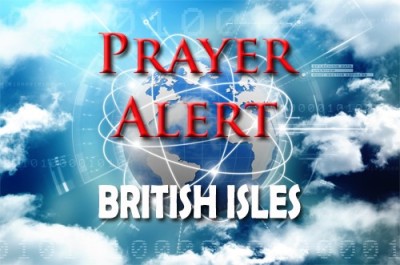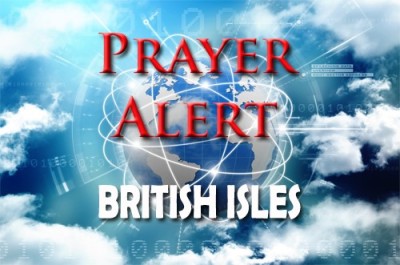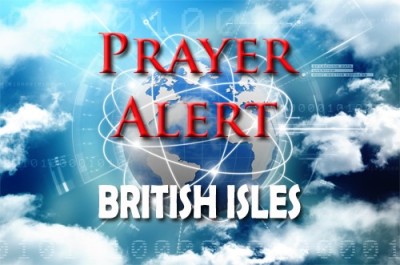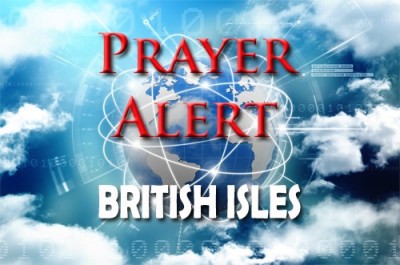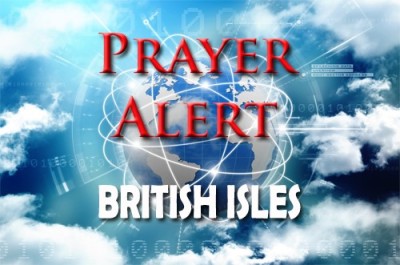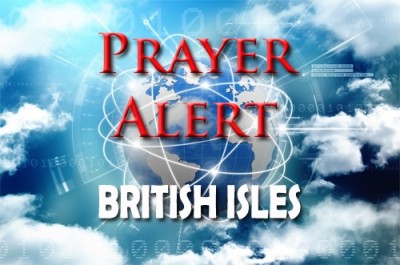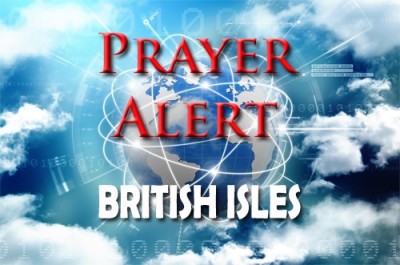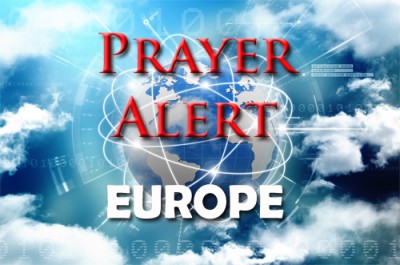UK could send tanks to Ukraine
12 Jan 2023Britain is considering becoming the first country to send Western tanks to Ukraine in what would be a major stepping up of international support. Last week foreign secretary James Cleverly said Britain was open to sending Ukraine Challenger II battle tanks and ‘will continue to evolve our support as Kyiv readies the next phase of their self-defence’. The remarks were a shift in the Government’s position, with No 10 previously being in step with other Nato allies in being reluctant to supply heavy armoured vehicles. Any pledge by the UK could be made at the next meeting of the US-led Ramstein Contact Group of international supporters of Ukraine, due next week. Defence sources said the UK could supply Volodymyr Zelensky with the British Army’s main battle tank to encourage other Western allies to follow suit and stop the war.
Hope for the Countryside
12 Jan 2023There has been a significant downturn in avian influenza cases since the beginning of November. Case rates peaked at over six a day in mid-October, but are now running at less than one a day, the majority of those being backyard flocks: the housing order for kept birds in England and Wales is seen as a contributing factor. Epidemiologists still predict another peak and are genuinely perplexed as to why we have not seen one yet, as there is a sustained increase in winter cases in wild bird carcasses. Housing orders and good biosecurity by commercial flock owners no doubt continue to play their part. Thank God for His mercy and continue to pray for His protection as the upturn threat is still anticipated for our wild bird colonies.
Two British men missing in Ukraine
12 Jan 2023Humanitarian workers Andrew Bagshaw and Christopher Parry were last seen on 6 January heading to Soledar, where fighting is intense. The Foreign Office is supporting their families. Christopher travelled to Ukraine to help people to evacuate Bakhmut, in the eastern Donbas region. He recently described having a ‘drive to help, as the people here are so lovely’. He spoke of continuous bombardment as he worked near the front line. Andrew wrote in his online crowdfunding page for vehicle repairs, fuel and equipment to help evacuate civilians. He also has been helping children and families to flee the front line, delivering food and medicines and assisting elderly people move away from the battlefront. On 13 January the Russian Wagner group said it had found the body of one of the two missing men in eastern Ukraine. The Foreign Office has not confirmed the claim and is in touch with Ukrainian authorities. See
Hospital patient’s experience
12 Jan 2023One patient’s time in A & E: ‘I witnessed the devastation of thirteen years of government underfunding of emergency care. After I phoned 111 they told me to travel immediately to my local hospital’s emergency department. They booked me in for a 9pm arrival time. I imagined I would be seen then but there were sixteen ambulances waiting to offload their patients. The waiting room was a vision of hell. Every chair was occupied. Sick people looking dangerously unwell leaned against walls; the wait went on and on for all of us. I was seen by a doctor at 3am. During those six hours, I witnessed a man with what appeared to be cardiac symptoms collapsed onto the floor, possibly from a heart attack. A toddler was screaming “It hurts, it hurts!” for almost three hours without a break. It was devastating to hear. When I asked a nurse if this was an especially busy night, she said, “This is a quiet one”.’
Potential new offer to health workers
12 Jan 2023Health secretary Steve Barclay will hold another round of talks with union leaders ahead of planned strikes by nurses. Whitehall said ministers were working on options for resolving the strikes, which could include a one-off payment to reflect cost of living pressures. They recognised that union leaders ‘have to get something for this year’ before they will consider calling off the current wave of industrial action. What level of payment might be offered, and how it could be funded, is not yet clear. There are also concerns that any payment to resolve the health dispute would set a precedent for other sectors facing industrial strife, including education and transport, potentially landing the taxpayer with a bill running into billions of pounds. The moves came as 25,000 ambulance workers staged a second day of walkouts and unions warned they could boycott talks on the next pay round in April.
Change and challenges
12 Jan 2023This week the Conservative and Labour Party Leaders delivered speeches with their ideas and policies to tackle the challenges we face. Both agree that only through change will we restore hope and progress. Every new leader has bold ambitions to change the country, then they realise they are not fully in control. What a contrast to biblical hope, which is not uncertain, but solid, sure and reliable. This hope is the hope of glory to come. We live praying for improvements and policies that will uphold the most vulnerable in our society; but we do not depend on that; our happiness is not based on it. We are citizens of heaven (Philippians 3:12), and our hope is stored up in heaven (1 Peter 1:3). Whatever is achieved over the next 18 months, we can be thankful to God that we are looking forward to a city whose foundations can never be shaken.
Thames Water criticised over lack of investment
12 Jan 2023Investment into expanding sewage treatment works by Thames Water falls far short of what is needed to stop raw sewage discharges into rivers, according to a campaign group who analysed 106 treatment works from the Chilterns into the Cotswolds. A treatment works is where wastewater is stored and treated, before being released to the environment. The research suggested three-quarters of the works examined did not have enough capacity to cope with the amount of wastewater from the population, and therefore increases the likelihood of raw sewage being released to the environment. Investment plans for 2020 to 2025 by Thames Water involved only 15 of 83 works in the area which needed their capacity increased now, or in two years. The expansion of a sixteenth treatment works in the area has been cancelled. Pray for an end to appalling stewardship of assets that were privatised a third of a century ago.
Cost of living
12 Jan 2023The cost-of-living crisis triggered by the Ukraine war, the energy crunch, surging inflation and the coronavirus pandemic has become the greatest worry for EU citizens, according to a new Eurobarometer showing 45% of respondents are currently having some or a lot of difficulties with their personal income. The poll speaks of a ‘polycrisis mood’ across the continent. Additionally, 46% of Europeans admit their standards of living have already decreased as a result of the mounting crises, while 39% expect to see a decline sometime this year. More worryingly, 30% of respondents struggle to pay their monthly bills ‘from time to time’ and 9% say this is the case ‘most of the time.’
